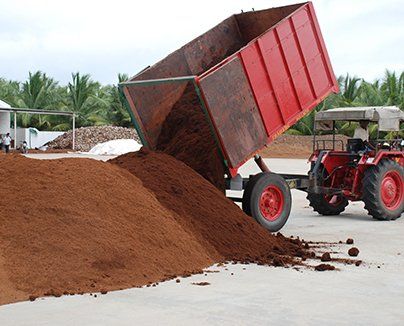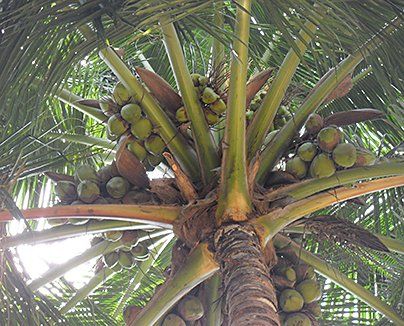Why Dutch Plantin?
Posted by © Copyright 2022 Dutch Direct on Aug 16th 2022
Why Dutch Plantin?
Dutch Plantin is both a producer and a supplier, which is exceptional in the world of coco products. Dutch Plantin has fifteen modern production sites in The Netherlands, Asia, Africa, and directly supplies products to growers across the globe.
By controlling the entire production process Dutch Plantin is able to guarantee consistent quality and reliable delivery. Growers all over the world have become convinced of the unprecedented value and quality of this coco substrate.
Dutch Plantin Open Top Series and Coco-Slabs
Dutch Plantin has developed coco solutions for all your horticultural needs. Open top bags and coco slabs in plastic and fabric are a sustainable, cost efficient solution for commercial cultivation. Dutch Plantin coco coir is the perfect solution for indoor, greenhouses and outdoor crops. Using only the highest quality material from start to finish, quality matters to Dutch Plantin. All Dutch Plantin open top bags and slabs are made from the highest quality aged river bed coco coir and come compressed for cost-effective transport and storage. Simply wet up, expand, and plant.
Why Compressed?
Compressed coco coir leaves a smaller carbon footprint over traditional bagged coco coir. A compact size means you can ship many more containers in less space. Labor and space associated with potting and filling is replaced with a simple wet-up procedure. Compressed and aged coco coir is free of insects, easy to store, stable for years, and each container is totally uniform. Rest assured knowing you are increasing efficiency, saving money, and reducing the carbon footprint of your operation.
This has resulted in a growbag with all advantages combined
Aged vs Fresh Coco
Coco must be ‘aged’ to boost its stability. Coco may be unstable for horticultural use if it is too fresh or too old. It's only during cultivation that it will become apparent whether the material is stable. Steaming coco to prevent weeds is another common practice among coco manufacturers. Research has shown the structure of coco further deteriorates when it is steamed. Enormous amounts of Dutch Plantin coco are stored in bunkers for a minimum of three months, resulting in an extremely stable product. Dutch Plantin strictly monitors raw material production and maintains a clean environment, producing a product that is stable, consistent, and free of pests and weeds without the need for steaming.


Indian vs Sri Lankan Coco
Dutch Plantin processes coco pith harvested from coconuts grown in regions of India located far from the sea.
Monsoons in these areas produce large amounts of rain which lowers the content of sodium, potassium, and chloride in the soil. The resulting raw materials for Dutch Plantin coco are significantly lower in these harmful salts compared to coconut husk harvested in coastal Sri Lanka.
Compared to Indian Coco, growers often find coco from Sri Lanka to be less reliable as a horticultural substrate.
